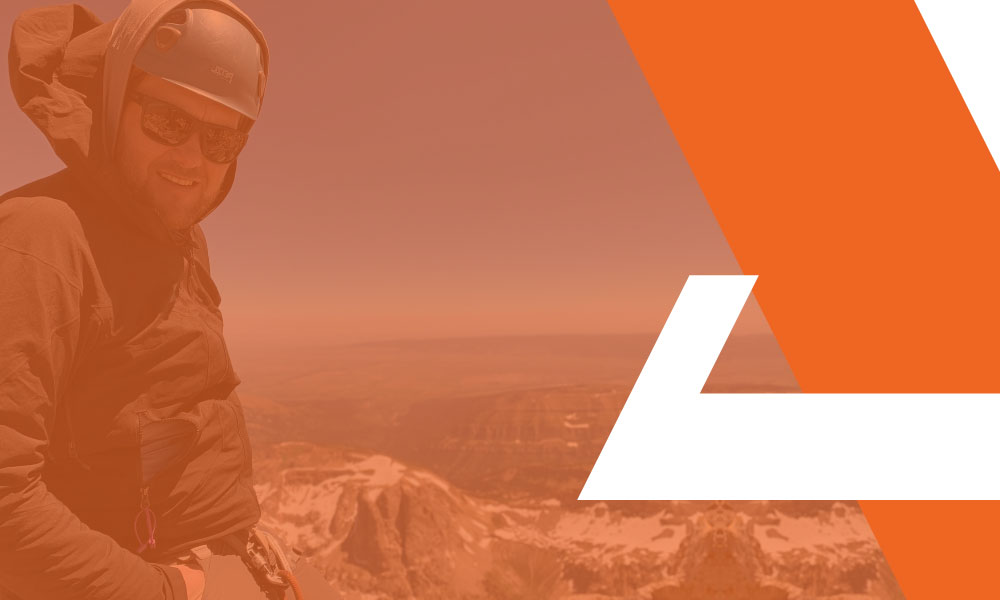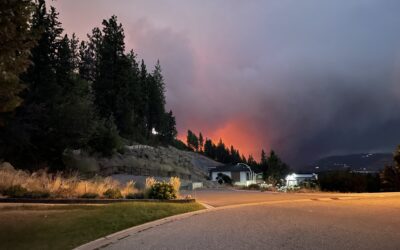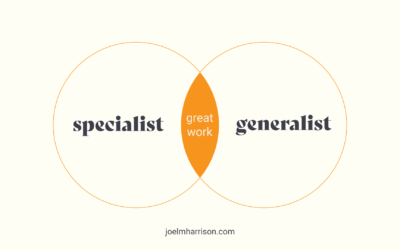Subscribe on: iTunes | Stitcher | Google Play | Spotify
I haven’t felt so inspired to be an entrepreneur more before this episode, and not just because my guest today, Justin Bedard co-founded a global organization (JUMP! Foundation) that inspires youth to make a difference. It’s because he opens up about his failures, owns it, and learns from it. I don’t hear this enough from social entrepreneurs. We see too much polished fetishizing of being an entrepreneur, and it doesn’t usually match our own experience.
In this episode we talk about everything from how nonprofits are struggling to find a social enterprise model, what being a nonprofit social enterprise even means, how JUMP! Foundation provides experiential learning to merge with a standard curriculum, the failures that shocked Justin into starting over, and the changes he made in leading his organization that launched them into their current success.
About Justin Bedard and JUMP! Foundation
Justin Bedard has filled his life with adventure guiding, organizational consulting, leadership facilitation, community development, and time playing in the wilderness. He highly values educational innovation and believes in providing young people with opportunities to realize their passions and potential as global citizens. He is a passionate mountaineer and enjoys spending as much time as he can on mountain peaks around the world. He currently serves as the Executive Director at The JUMP! Foundation and welcomed his first child in January.
Find Justin on LinkedIn
The JUMP! Foundation is a non-profit social enterprise that inspires, empowers and engages young people through experiential education. JUMP! envisions a world where future generations are better equipped and motivated to contribute to a just and sustainable world. Partnering with schools, NGOs, and social enterprises worldwide JUMP! creates a platform for youth to develop a deeper awareness of: self, their local communities, and the diversity of communities around the world. JUMP’s primary methodology to do this is through in-school workshops (J!Schools) and educational travel programs (J!Experiences) for youth, educators, and professionals around the world that inspire people to create local solutions to global challenges.
Find JUMP! on their website: www.jumpfoundation.org
Find JUMP!’s new virtual programs: http://jumpfoundation.org/connected
Find on LinkedIn
Find on Twitter: @jumpfoundation
Find on Instagram: @jumpfoundation
Find on Facebook
Everything We Talked About In This Episode
[02:41] How is Justin holding up throughout the coronavirus up to this point
[04:49] Has it been easy for your teams to work digitally and remotely?
[05:46] What does the JUMP! Foundation do?
[09:20] Why is “social enterprise” coming up a lot lately in nonprofits?
[13:35] What about this method of merchandise and trying to sell things to make money
[15:08] QUOTE: “For us, as nonprofit managers, to say hey, I’m going to now run a side business that’s going to be profitable that is then going to fund my impact work, it requires people to focus their entire energy on that business if you want that business to be your fundraising engine”
[16:58] All the money they make is reinvested in the organization and impact
[18:07] Did you always focus on JUMP as a nonprofit, or did you ever think it could be a for-profit?
[21:09] Where did the idea come from for JUMP, were you filling a gap that you wished you had in school?
[23:13] Stories of whitewater canoeing to learn resilience and leadership
[24:30] Was changing school systems, curriculums, and education ever a part of what you wanted to do?
[26:44] QUOTE: “If we’re truly trying to create transformations for our beneficiaries who are the youth, we have to partner with schools to transform how they look at education or how they look at these experiences that we help them create.
[29:07] When did you start realizing the organization wasn’t scaling the way you had hoped?
[31:26] QUOTE: “I was running a 20 person organization the same way I was running the 5 person organization, and there’s the famous saying, what got us here won’t get us there”
[32:19] The story of being slammed by 20 employees on how bad of a leader he was
[34:57] Maturity in the management perspective is leveling out those big ups and big downs
[37:16] Reference to Patagonia
[37:58] What did you do differently that next time around, those big ideas that helped you move forward?
[40:46] The importance of taking responsibility and being open about failures




